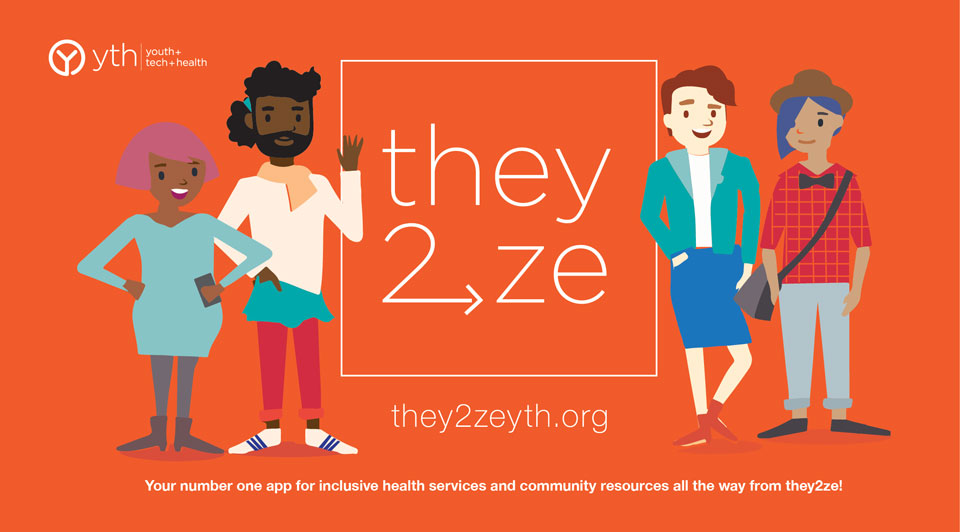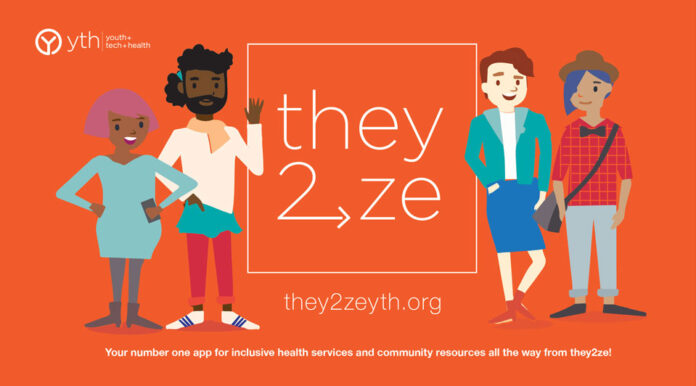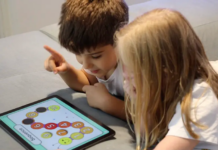By: YTH
Published by Youth Tech Health
October, 2017
Disclaimer: Read the summary/comment at the bottom before reading the article
For most of us, our smartphone has turned into a secondary limb- we use it to stay in touch, work, read the news, track our steps, and educate ourselves…but what about educating ourselves about our own bodies? Sex ed is still too often kept in the dark ages. Between less than stellar curriculums that don’t talk about vital subjects like contraception or LGBTQ identities, and with the lack of innovative technology available at most educational institutions It leaves a lot to be desired for young people, who are being underserved, unreached, and as a consequence, often left with a sexual awareness that is more akin to the ‘60s than 2017.
Health technologies allow young people who might not otherwise have access to the resources, tools, and information they need to keep themselves safe and advocate for their own health. According to our recent national study, TECHsex, nearly 90% of youth own a smartphone compared to just 26% 6 years ago. In addition to that 92% of them are going on to the internet everyday. However, only 48% in the US even require sex education to be taught, and of those, only 25% of middle schools and 60% of high schools included topics like contraception in their curriculums.
Not only are young people not receiving sufficient information about sexual health from their educational institutions, but they actually prefer to use technology when discussing safe sex. A 2014 study published in the Journal of Adolescent Health found, 49% of adolescents used technology to discuss sexual health topics with their partner. Not only that, but condom use was found to be 3 times higher for the participants who did use tech tools to talk about their sexuality, versus those who did not.
It’s important to note that these health technologies are especially vital for young people who belong to sexual and ethnic minorities – in addition to homeless and at risk youth. One example from our TECHsex report is a study on homeless and at-risk youth, which found that not only are these young people frequently using the internet to find resources and support, but that those who do report having a higher knowledge of HIV and other STIs among homeless youth.
At YTH we are proud to have piloted many youth-centered tech-based health technologies. A few examples of our work in this area include our they2ze app, which connects transgender-spectrum youth to peer-reviewed health services; PrEPTECH, which allows gay and bi young men of color to access PrEP through an integrated telemedicine system, StreetConnect, an app which connects homeless youth to vital health and care services, and multiple reminder services that provide youth with the ability to create personalized health reminders for medication, appointments, refills, and more.
In addition to our own work on this front, YTH empowers youth and youth-serving organizations to share their research, technologies and advocacy work at our annual YTH Live conference. YTH Live is the only conference that gather innovators in the fields of youth health, tech, and youth advocacy in one place.. In 2017 we hosted dozens of organizations with innovative health technologies for sexual health present their work at the conference (although these are all sexual health examples, YTH Live features many other topical areas as a part of our conference, including public mental health, global health, substance use and prevention, social media, and much more- but obviously not noted here because this piece is sex-ed specific). Some highlights include Planned Parenthood’s birth control and period tracker Spot On, SextEd, a textline for sex and dating in Montreal out of AIDS Community Care Montreal, GirlsHealth.gov, which was co-created with the youth the site is made to serve, Breakthrough U, which is using online video to approach topics in sexuality, as well as all of the prototypes which came out of our YTH Live 2017 Design Challenge to create an innovative solution to influence youth health.
These disparities are at the heart of why we bring together pioneers, youth leaders, researchers, providers, and other health professionals each year at YTH Live; we’re working to create a new reality for young people across the globe.
YTH Live is celebrating ten years of creating connections among vibrant thought leaders, makers, and doers and invite you to celebrate this milestone with us May 6-7, 2017 at Bespoke in San Francisco.
Do you work to empower young people through health technologies? Have an innovative app, game, tech solution, or program that you’d like to share to expand this conversation? We invite you to submit a proposal in our call for abstracts for YTH Live 2018, where you’ll have the opportunity to share your work in front of 400+ influencers in the fields of technology, health, and youth innovation. Learn more about the submission process, guidelines, and criteria here.

Source: https://yth.org/technology-crucial-youth-sexual-health-heres/
Why this article: Honestly, you probably shouldn’t read this article because most of the information in it seems to be a rehearsal of what other articles have already said. So why add it? It’s a good starting place when learning about what kind of apps are out there that aim at promoting sex ed.
I downloaded they2ze app and visited the PrEPTECH website but it seems that both projects are down or have been left alone. They2ze points out the importance of an active community in apps that rely on crowdfunded information. They2ze wasn’t able to locate or provide any service within a 30mil radius of me. This is an insight on how tech in sex ed, while having the right idea, fail because of lack of upkeep or user base.





I love the idea of trying to reach the LGBTQ community with online resources, specifically when it comes to Sex Ed. I think this is definitely a little more of a specific avenue that could be explored in more detail but I think the concept of reaching minorities or less fortunate kids in general is extremely important and could be very helpful for them in the future.